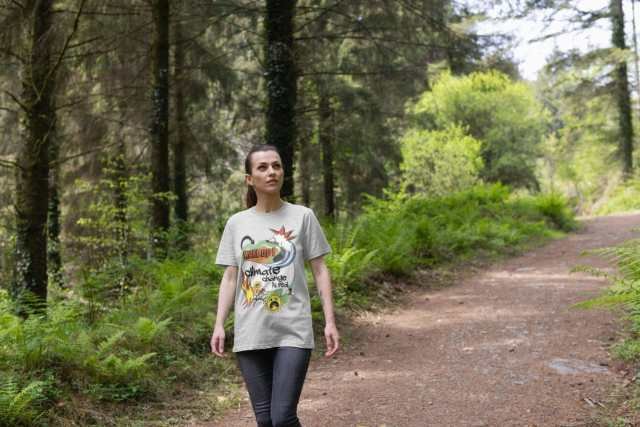Recent events in the United States underscore the urgency of the situation. In August 2023, Hurricane Idalia forced the evacuation of several hospitals along Florida’s Gulf Coast. Similarly, historic rainfall in Los Angeles and torrential downpours in Brooklyn led to power outages and emergency evacuations of hospitals. These incidents are part of a larger trend that sees hospitals worldwide grappling with the impacts of Climate change.
According to a May 2024 United Nations Population Fund report, nearly 1,500 hospitals in Latin America and the Caribbean are particularly vulnerable, located in low-lying coastal areas prone to life-threatening storms and flooding. In the United States, a Harvard study in 2022 identified hundreds of hospitals at risk of flooding from just a Category 2 hurricane, with facilities in Delaware, Florida, Louisiana, New Hampshire, Massachusetts, Maryland, New Jersey, New York, and Pennsylvania being the most susceptible.
The situation is dire in other parts of the world as well. For instance, in 2023, floods and landslides in southern Thailand and the previous year’s floods in Pakistan severely disrupted healthcare services, affecting hundreds of facilities.
The global picture is equally alarming, with XDI’s research indicating that by the end of the century, one in twelve hospitals could face shutdowns due to extreme weather conditions. Regions like South Asia could see over 5,800 hospitals at high risk if global temperatures rise by 4.3 degrees Celsius. Other vulnerable areas include the Central African Republic, the Philippines, and Nepal.
The rising temperatures also exacerbate the situation. The summer of 2023, recorded as the hottest ever, witnessed extreme heatwaves and wildfires, putting additional strain on hospitals. This was evident in Arizona, where the extreme heat impacted the power grid and increased hospital visits for heat stress.
Looking forward, the demand for healthcare is expected to surge as Climate change worsens human pathogenic diseases and increases the prevalence of heat-related illnesses. This necessitates a proactive approach to adapting healthcare infrastructure and operations to withstand these challenges.
Innovative solutions are already being implemented in places like Vietnam, where hospitals are becoming more climate-resilient by enhancing water availability through rainwater catchment and saline filtration systems. These adaptations are crucial for ensuring that healthcare facilities can continue to operate effectively in the face of an increasingly unpredictable climate.


Wake Up Climate Change Is Real by Tiny Rescue: Climate Collection
Related Content:
Easy Ways to Help the Planet:
- Eat Less Meat: Download Food Monster, the largest plant-based Recipe app on the App Store, to help reduce your environmental footprint, save animals and get healthy. You can also buy a hard or soft copy of our favorite vegan cookbooks.
- Adopt-a-Pet: Visit WildWatchers, a watchdog platform specifically designed for animal, earth, and wildlife warriors to actively give back, rescue, and protect animals and the planet.
- Reduce Your Fast Fashion Footprint: Take initiative by standing up against fast fashion Pollution and supporting sustainable and circular brands like Tiny Rescue that raise awareness around important issues through recycled zero-waste clothing designed to be returned and remade repeatedly.
- Support Independent Media: Being publicly funded gives us a greater chance to continue providing high-quality content. Please consider supporting us by donating!
- Sign a Petition: Your voice matters! Help turn petitions into victories by signing the latest list of must-sign petitions to help people, animals, and the planet.
- Stay Informed: Keep up with the latest news and important stories involving animals, the environment, sustainable living, food, health, and human interest topics by subscribing to our newsletter!
- Do What You Can: Reduce waste, plant trees, eat local, travel responsibly, reuse stuff, say no to single-use plastics, recycle, vote smart, switch to cold water laundry, divest from fossil fuels, save water, shop wisely, Donate if you can, grow your food, volunteer, conserve energy, compost, and don’t forget about the microplastics and microbeads lurking in common household and personal care products!

